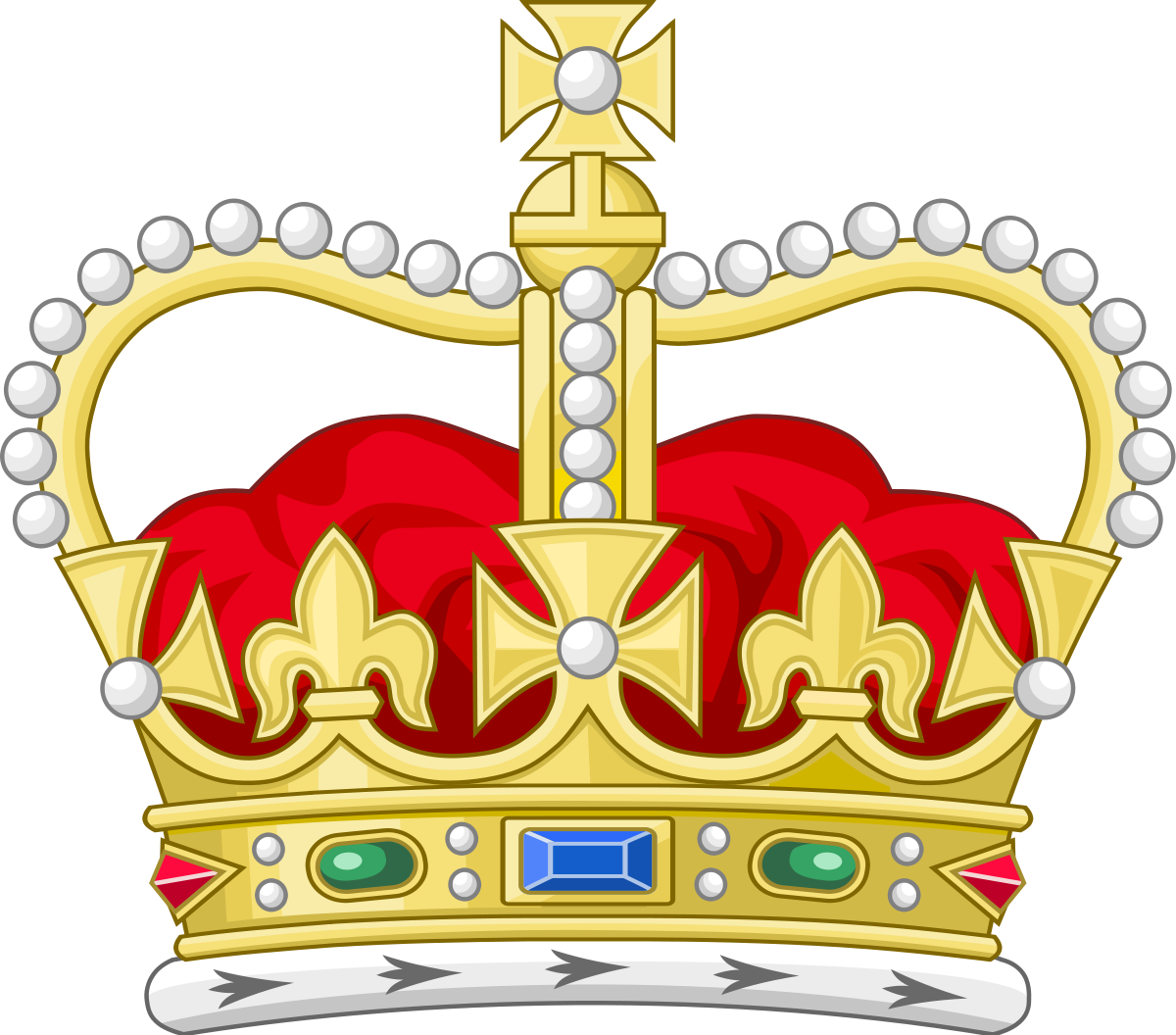Marriages Acceptable In Nigeria


Marriage was defined under Hyde vs. Hyde as the voluntary union for life of the woman to the exclusion of others. The above definition relates to marriage under the Nigerian Act. However, under the customary law, marriage is defined as the union of one man and his wife or wives. From the above definition, it thus states that under customary law unlike marriage under statute, a man is allowed to marry more than one wife.
All over the world, marriage is the root of a family; it is only by marriage that a woman can obtain the right to be supported by the man. As soon as a woman is married, her domicile change with that of her husband and this has a significant effect on her legal status. Marriage is a union of a man and woman to become husband and wife. For a marriage to be statutory, the marriage must be lawful, it must be with the consent of both parents and the parties involved. There are four (4) main types of marriages in Nigeria.
Customary Marriage: This is also known as common law marriage. This marriage is done based on the customary law in Nigeria. This involves the payment of bride price. What is a bride price? It is any gift or payment, in money, natural products or cowries or any kind of property, to the parent or guardian of a female person on the account of a marriage of that person which is intended or has taken place. In most Nigerian tribes, the bride price is paid to the father of the bride and it’s often tagged the completion of an engagement. Like in the case of Okpanum vs. Okpanum 1972 and Section 361 of the criminal code act, it’s a punishable offence with seven (7) years imprisonment for any person who with the intention to marry a female person of any age or to cause her to be married by any other person takes her away or detains her against her will.
Traditional Marriage: This is a kind of marriage whereby, the groom brings all that have been listed in the bridal list to officially knot nuptial ties with the bride. In this kind of marriage, the groom comes with the entire members of his family, friends and well wishers. The bride’s family performs the traditional rites and officially gives the bridegroom their official blessings. And before the traditional marriage, comes the introduction. The significance of the introduction is for both families to get to know each other properly and the bride price is then discussed.
Religious Wedding: This is either Christian marriage or Islamic marriage as it is affiliated and done in accordance to the religion. The marriage is a divine union, thus it’s backed up in the spiritual realm. The white wedding as it’s mostly called is supposed to be the combination of the religious marriage and the wedding reception party. But some people these days skip the religious wedding and instead have a court wedding and then have the reception party. For a religious marriage to be legal, it must be licensed and recognized by the state.
In Muslim marriage, the payment of a Saduquat (Sadaki) must be received. Usually, churches that conduct weddings need to get approval from the state. This way, a person having a religious wedding doesn’t have to go to the court to register and collect a marriage certificate; this is made available through the church.
Civil Marriage: This kind of marriage is also known as court wedding. In this kind of wedding the couples register the marriage under the Marriage Act of Nigeria, with a marriage certificate upon its completion. This kind of marriage is compulsory, as it ensures the security of the woman and the children. Court wedding is bounded by the court register and the court has to check if the parties are deemed to have the capacity to marry and if they have the court requirements. Some of the requirements are; Age, Consent, Subsisting Marriage, Kindred and Affinity.
Statutory marriage is compulsory in Nigeria and it’s done with little or no income and it saves time.










